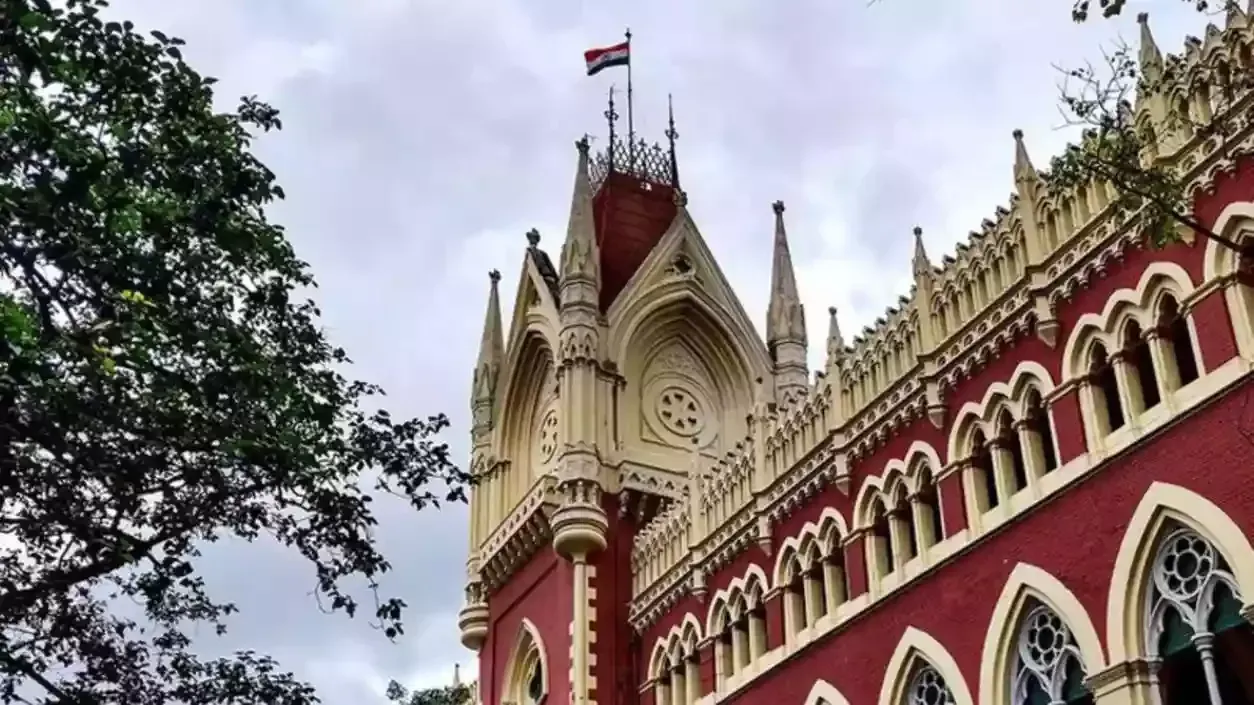The Calcutta High Court recently addressed the controversial issue of mass animal sacrifices during the Bolla Kali Puja, a significant religious festival in Dakshin Dinajpur, West Bengal. The court directed the state government to ensure compliance with existing animal welfare regulations and discourage large-scale animal sacrifices at the Bolla Kali Temple.
Background of the Case
The petition was filed in response to the temple committee's plan to sacrifice over 10,000 goats as part of the Bolla Kali Puja. This practice, though rooted in religious tradition, raised concerns regarding animal cruelty and its legality under various laws. The petitioners argued that such large-scale sacrifices violated the Prevention of Cruelty to Animals Act, 1960, and related regulations. They called for state intervention to prevent the practice and enforce humane treatment of animals during religious events.
Legal Framework and Court Observations
The court examined multiple legal aspects, including:
Prevention of Cruelty to Animals Act, 1960: This central legislation prohibits the unnecessary pain or suffering of animals. The petitioners argued that mass sacrifices blatantly contravene its principles.
West Bengal Animal Slaughter Control Act, 1950: This act requires animals to be certified by veterinary authorities as fit for slaughter and prohibits slaughter outside licensed abattoirs.
Supreme Court Precedents: The petitioners referenced a Supreme Court ruling that restricted public animal slaughter and emphasized humane practices. Similar rulings by other High Courts prohibiting animal sacrifices in temples were also cited.
The court noted the absence of specific state legislation banning animal sacrifices in West Bengal, unlike states like Kerala, which have enacted comprehensive laws to curb such practices. However, it emphasized the need for a balanced approach that respects religious sentiments while upholding constitutional mandates like Article 21, which guarantees the right to life.
Directions Issued by the Court
In its interim order, the High Court directed the following:
Enforcement of Existing Rules: The state was instructed to ensure compliance with the Prevention of Cruelty to Animals Act and related rules during the festival. The emphasis was on preventing unauthorized slaughter and minimizing animal suffering.
Engagement with the Temple Committee: Authorities were tasked with working closely with the temple committee to discourage mass sacrifices and explore alternative ways to uphold religious traditions without violating animal welfare laws.
Public Awareness: The court highlighted the importance of sensitizing the public and temple authorities to the ethical and legal implications of large-scale sacrifices.
Challenges and Responses
The state government reported its efforts, including meetings with the temple committee to impose restrictions. The committee had agreed to abide by court and administrative guidelines. However, the petitioners raised concerns about effective implementation, especially since the festival was imminent. The court acknowledged these challenges but maintained that long-term solutions, including legislative reforms, were necessary to address the issue comprehensively.
Broader Implications
This case underscores the tension between traditional religious practices and evolving legal and ethical standards regarding animal rights. While the court refrained from outright banning the sacrifices, its directive reflects a shift towards more humane practices, consistent with global trends. It also highlights the role of judiciary in mediating conflicts between cultural traditions and modern legal frameworks.
The court's decision is expected to influence future policies and legal actions concerning animal sacrifices in India, sparking a broader debate on reconciling faith and animal welfare.










0 Comments
Thank you for your response. It will help us to improve in the future.